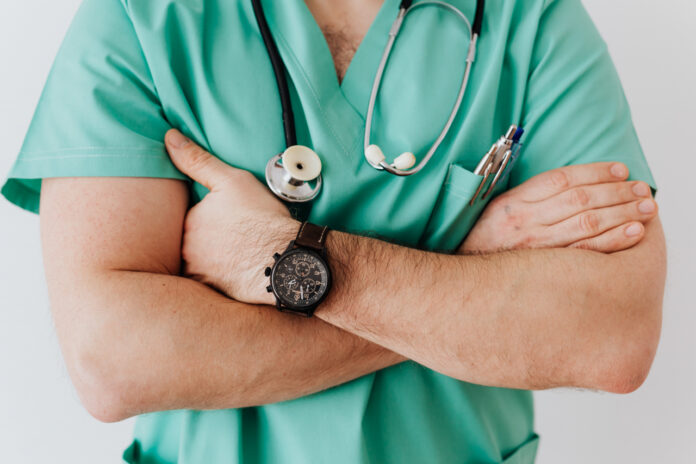By Eleni Papageorgiou,
Alexander Pope’s quotation is up-to-the-minute than ever before concerning health care systems and patients’ safety. Of course A. Pope did not have that aspect of social life in mind when writing his poem “An essay on Criticism” back in AD 1711. His ultimate goal back then was to talk about bad criticism in literature, concluding that bad criticism does greater harm than bad writing.
Let us try to broaden this quote and approach the theme of error from another perspective: health care and safety.
Too much discussion has spread recently on the benefits of the protective measures against the COVID-19 pandemic. Do all these plans and measures and governmental bills have immediate effects on the lives of citizens around the world? Are they effective enough to stop the spread of the disease and offer a comeback to normal life? Why do so many people still deny conforming to the precautionary measures and why do they not follow what should be considered as common sense for the time being? Numerous other questions have arisen and they surely need an answer.
Currently, there is a great deal of variability in medical knowledge and practices. Various medicines have been proposed for the treatment of COVID-19 but none of which offers a complete cure. Globally, intensive care units are almost full of patients. Doctors and nurses are struggling to treat patients who are desperately waiting for a cure to be found. Is there any chance for human error under such pressure in hospitals? The answer is “yes”.

A study conducted by NBCI in 1997 found that a sizable number of Americans are harmed as a result of medical errors. The survey was conducted long before the COVID-19 pandemic, at a time when hospital admissions were crucially fewer and since then the number has doubled, tripled etc. Many in-hospital patients experience an adverse event while hospitalized. Errors in prescribing medications, wrong medical practices -even injuries- are costly in morbidity and mortality. Such errors are not intentional, of course, but they are real. Who is there to blame? Doctors, medical staff, the state for its poor health care system quality, poor funding, or what? Blaming an individual does not change the situation and the same errors are likely to reoccur.
Suppose someone undergoes an operation. Something goes wrong and therefore, the patient passes away. Whom must we blame? How can health workers explain to the relatives of the deceased what has really happened? Human error or physical failure?
We have recently witnessed on TV medical practitioners being forced to choose whom to treat and whom to let die. At least, that was announced by Spanish and Italian doctors when things went wrong during the first phase of the pandemic. Health systems failed and that breakdown resulted in harm (older patients were virtually left to die because someone else had more chances to survive). Did doctors make a wrong call? How easy was it for them to take such a crucial decision? People working in health care are among the most educated and dedicated workforce but are they trained or ready to make choices?

Regarding new drugs and vaccines; is vaccination given to the really most vulnerable members of our society? Prioritization has been put forward but no one can be sure about that. Who is the one to decide whose life matters more?
There is a load of problems concerning the distribution, allocation and actual vaccination process. Some countries have set up criteria but that is not the case with underdeveloped and poor countries. Medical protocols are followed in most cases but not all, eventually. Minority groups do not have access to health care systems and thus, they are excluded and left to face hardships and breaking facts like the COVID-19 pandemic on their own.
Health care has globally shown improvement but many sectors need generic reconstruction. We must identify errors and learn from them. Health systems will survive, hopefully. But at what cost?
May this pandemic be a head start for vital changes in the health field and no more lives to be lost. More money, more research, more tools and coordination will bring about results for all humanity to enjoy a happy living from here onwards.
REFERENCES
- MEDPAGE TODAY, Op-Ed: Why I Refuse to Get the COVID Vaccine Right Now – America’s vaccine rollout is widening socioeconomic and racial inequities, Available here
- PubMed, The Importance of Understanding the Stages of COVID-19 in Treatment and Trials, Available here




